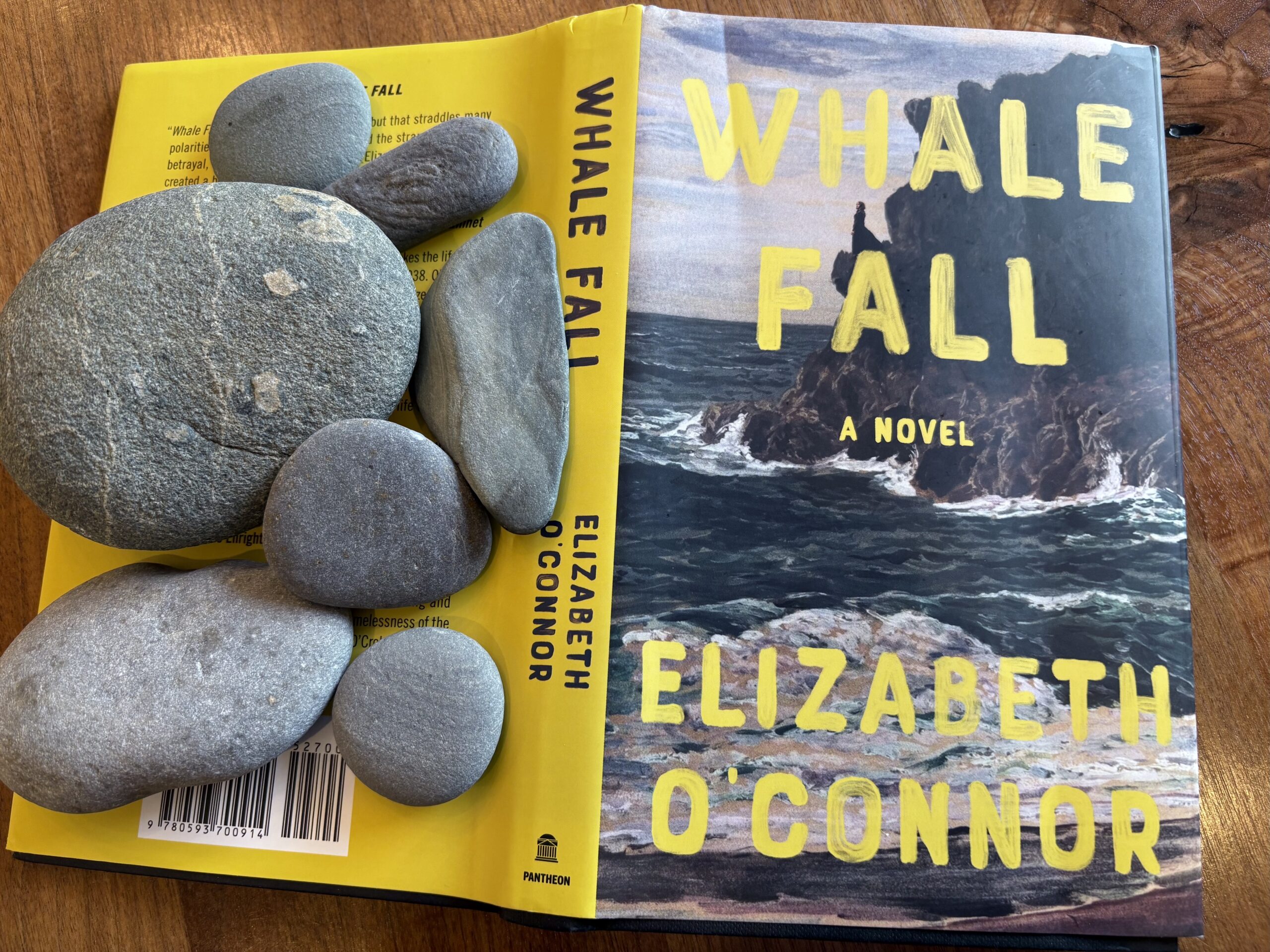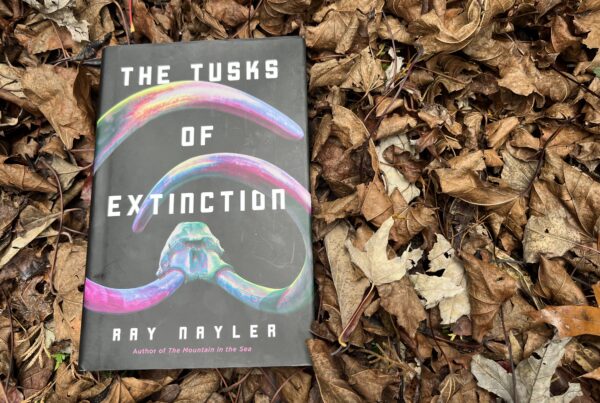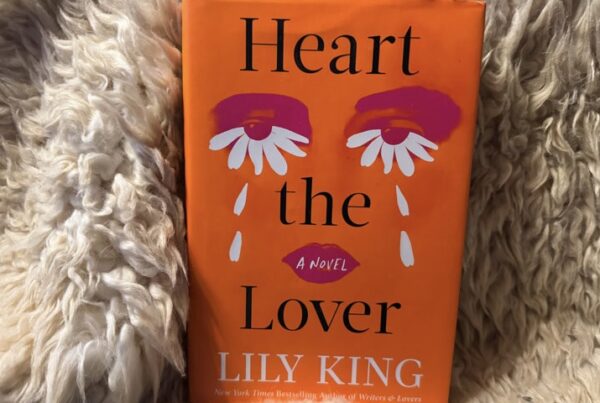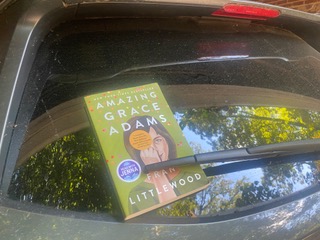A sudden abundance, an unexpected cache, a death that brings life: a whale fall.
Before I read Elizabeth O’Connor’s gorgeous book by the same name, I had never heard the phrase “whale fall” (or known of the phenomenon). But thanks to O’Connor’s haunting work, I now have new knowledge both of whale falls and what changes they can usher in.
When a whale becomes stranded on the beach along the coast of Wales in 1938, “appearing from the water like a cat slinking under a door,” it ignites a period of change for the book’s protagonist, Manod. Prior to the arrival of the whale, her life is spent caring for her father and her sister, rambling along the coastline, attending church, and socializing with the few children and young people who live there. Describing an “island year,” Manod narrates: “In summer, the women of the island repaint the houses white. Winter: we stay near the hearth, sleep in the same bed. The sea sidles up to the door, laps at the edge of the island. There is grey ice at the horizon.”
But life becomes considerably more interesting with the arrival of two ethnographers from England. Joan and Edward have come, they say, to understand and celebrate this tiny Welsh community, its population dwindling with each death or departure for the mainland. They show an interest in every element of Manod’s life and pay her a kind of attention she has never experienced before.
Manod is captivated by these learned outsiders, especially Joan who shakes hands with men and wears bright lipstick. When Joan laughs at Manod’s offer of powdered milk for her tea, Manod is mortified by the realization that what she doesn’t know about the world far surpasses what she does. Soon after, Manod starts to work with Joan and Edward, translating for them and liaising with the community. While helping to collect the most meaningful stories, songs, and artifacts from her world, some things nags at Manod about Joan and Edward – their relationship, why they write everything down, how they take or borrow sacred items in order to document them – but she decides to trade her mistrust for the hope that they’ll take her back to the mainland when their work is done.
At regular intervals in the text, the whale that beached on the shore is picked apart by opportunistic organisms, is drawn on, and is made a fetish. It seems as if in its advancing decrepitude the whale stands for the vulnerability of Manod’s Welsh culture, language, and way of life. But through her increasing intimacy with the ethnographers, we see that it is not only Manod’s culture, but Manod herself, that is being plundered. In a chilling final twist, just as the book is nearing its conclusion, O’Connor widens her aperture to show us how Joan and Edward’s nationalistic enterprise of preserving an idea of a “true Britain” reflects the much larger and more deadly movement toward tyranny and ethnic cleansing underway across Europe and the globe.
I found a number of timely messages and reminders in Whale Fall: appreciate the simple things that tie us together; be wise and try to balance skepticism and trust; look out for one another; and do all we can to protect our history and the truth.




